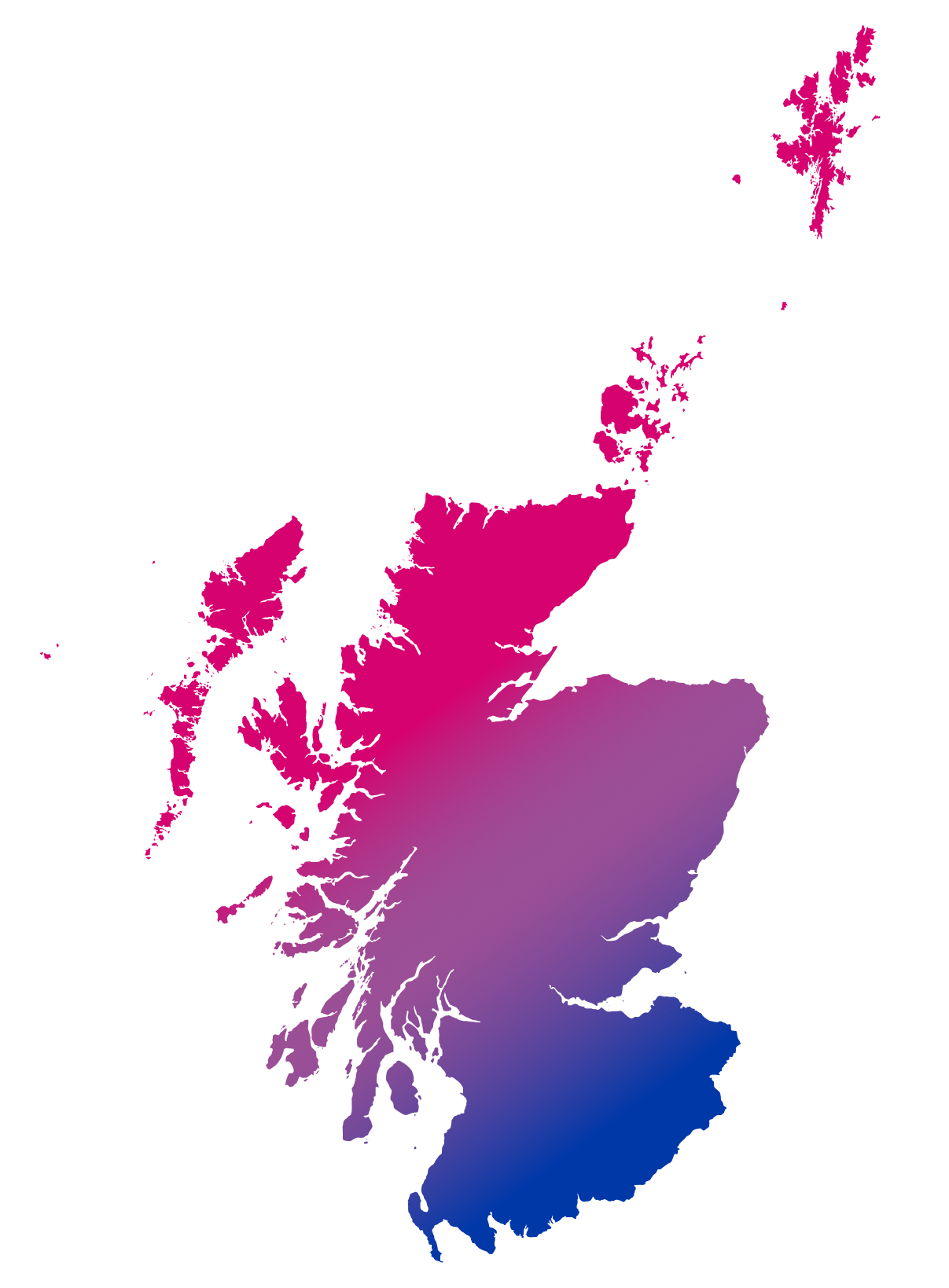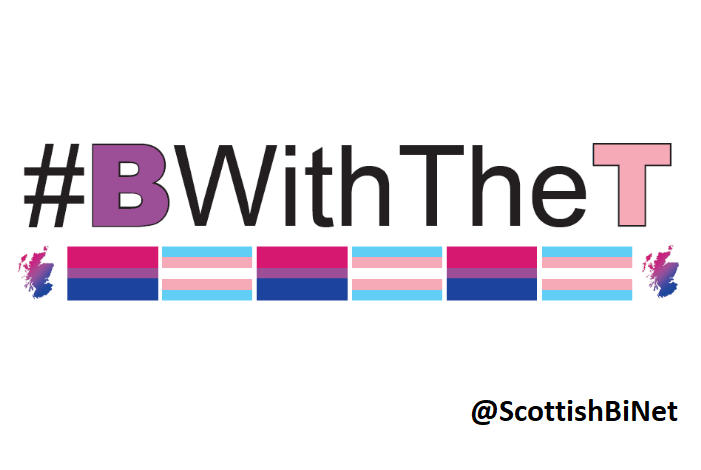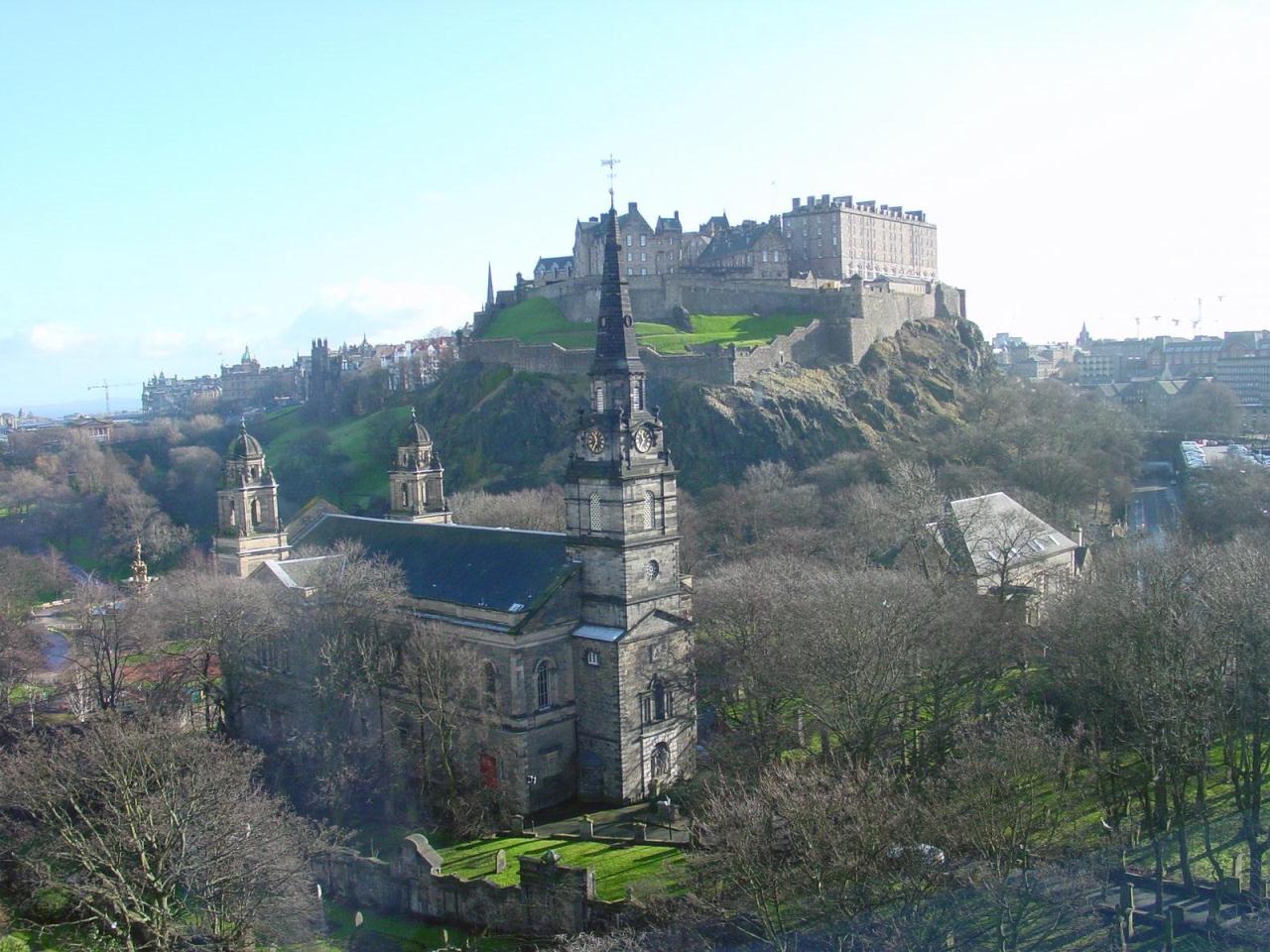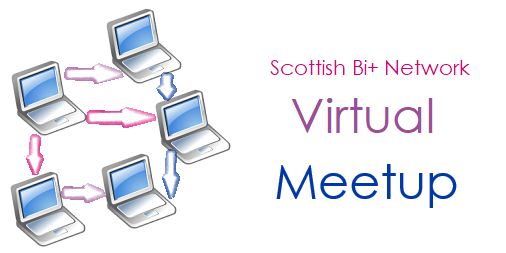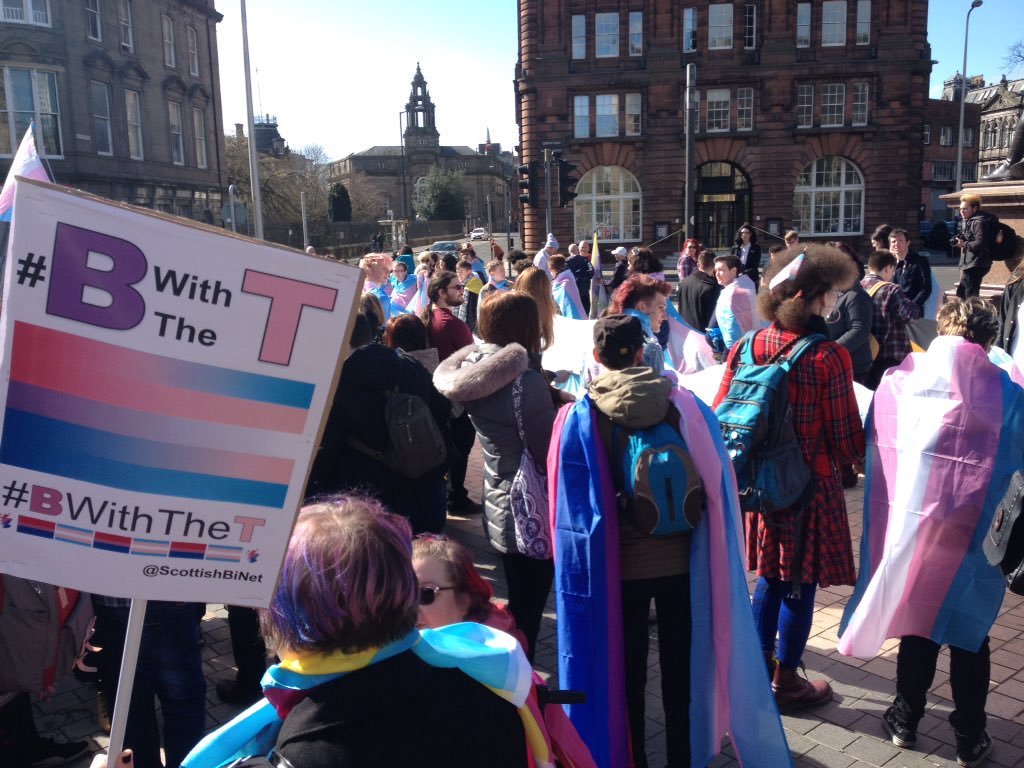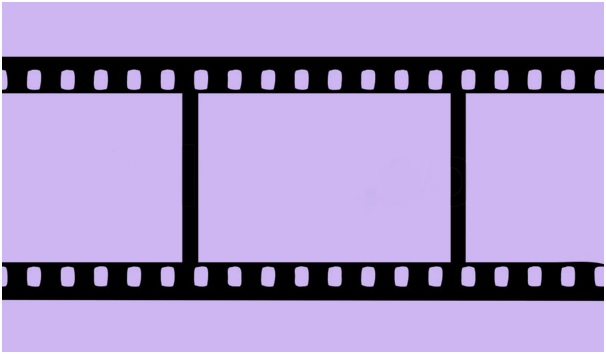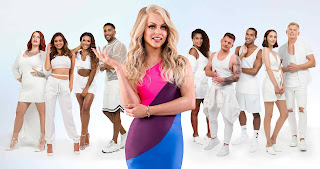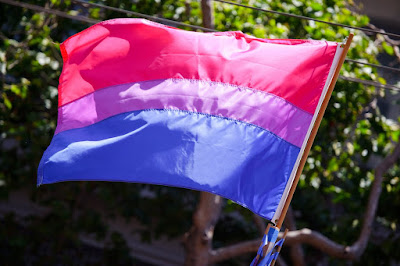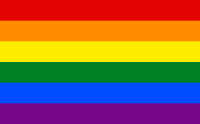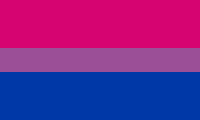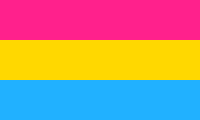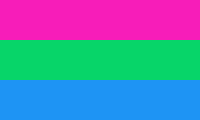Bi Visibility Month Round Up!
Bi Pride UK
We arrived in Hackney after a long night on Megabus, to bi, pan, and poly flags decorating the street, and lots of people wearing their badges and flags with pride.
Over 1300 people attended The Round Chapel in Hackney for a day of all things bi+ including music, panel discussions, and information stalls.
This is now the biggest bi+ gathering in history!
Find out more about Bi Pride UK at www.biprideuk.org
GFT Screening of Velvet Goldmine
 We had at least 80 people show up for this very special screening of Velvet Goldmine in 35mm, with a panel discussion about how music and musicians have been consistently providing LGBTQ+ representation for decades.
We had at least 80 people show up for this very special screening of Velvet Goldmine in 35mm, with a panel discussion about how music and musicians have been consistently providing LGBTQ+ representation for decades.
Velvet Goldmine itself is a beautiful trip of a film, and for a film with lots of sex, drugs, and rock n’roll it does a nice job of humanising the characters, where it could so easily have ended up with the greedy and depraved bisexual tropes. If you love 70s and 80s music, fabulous costumes and glamorous people then this is the film for you!
Also, it has a cameo by Brian Molko and Placebo, as well as featuring songs of theirs.
Thank you to all our of our lovely panelists for taking part, and to the GFT and their amazing staff for making this wonderful event happen.
To find screening times or to sign up for their newsletter visit www.glasgowfilm.org
Stall at City of Edinburgh Council with their LGBT Network and UNISON
We spent our lunch on Bi Visibility Day with a stall at the main office of City of Edinburgh Council, with their own LGBT+ staff network and UNISON, talking to people about the issues facing bi+ people in the workplace.
And, thanks to the hard work of the local UNISON officer, Edinburgh councillors passed a motion to fly the bi pride flag on bi visibility day.
Panel Discussion with Edinburgh Uni Staff Pride Network, and PrideSoc
We had a lovely evening talking with the Edinburgh University Staff Pride Network, Edinburgh University PrideSoc and Monstrous Regiment publishers about all things bi+ including how representation in the media is getting better, and how a lot of us struggle with feeling ‘queer enough’ especially in LGBTQ+ spaces.
Find out more about them at pridesoc.com and twitter.com/UoEStaffPride
BiTastic!
We were honoured to be a part of this year’s BiTastic event, a free one day event for bi+ people and their allies, organised in partnership with Equality Network, Stonewall Scotland, and Bi & Beyond Edinburgh.
There was something for everyone with discussions, crafts, information stalls, and presentations on a wide range of topics, including how to better support BAME people in the community, bi+ representation in the media, as well as safe spaces for those who are non-binary, neurodiverse, and on the aromantic and/or asexual spectrum.
It was a very enjoyable day, and we had people from all over Scotland attending, and we hope to see you all there at BiTastic 2020!
Keep an eye on www.BiTastic.org or follow @BiTasticEvents on twitter for more information about BiTastic 2020!
